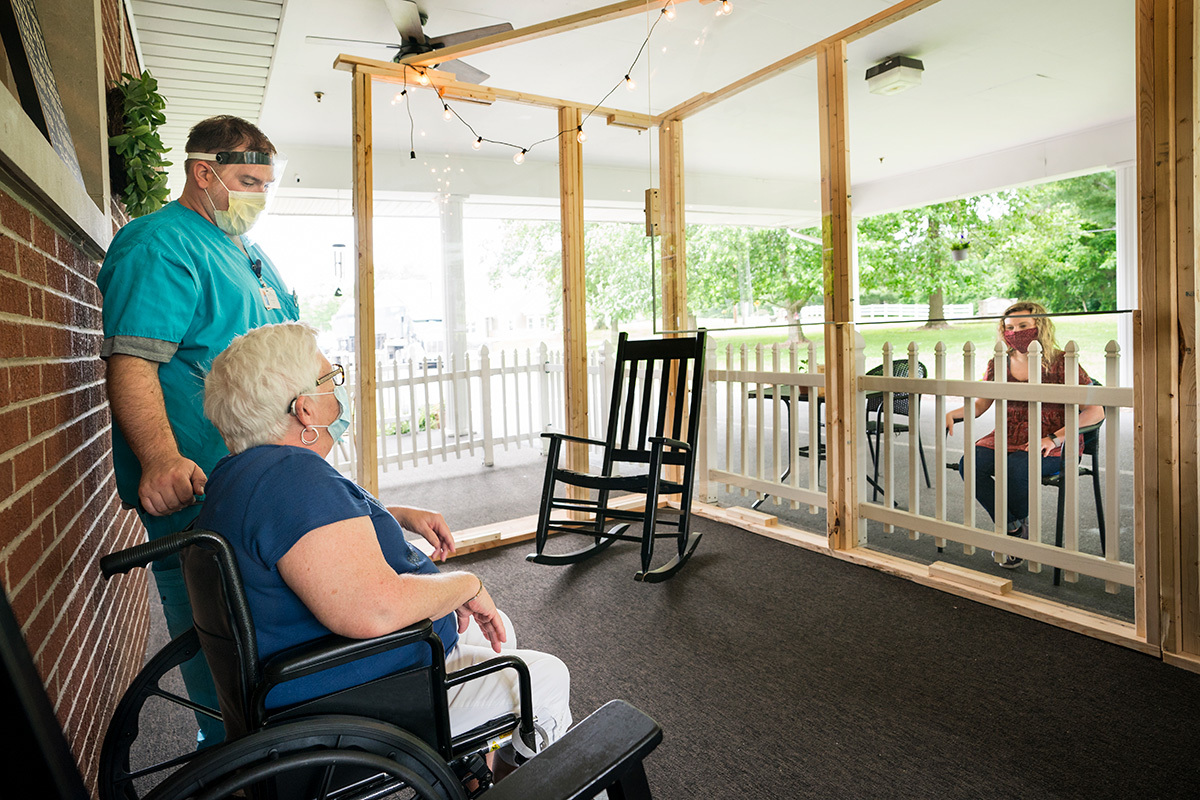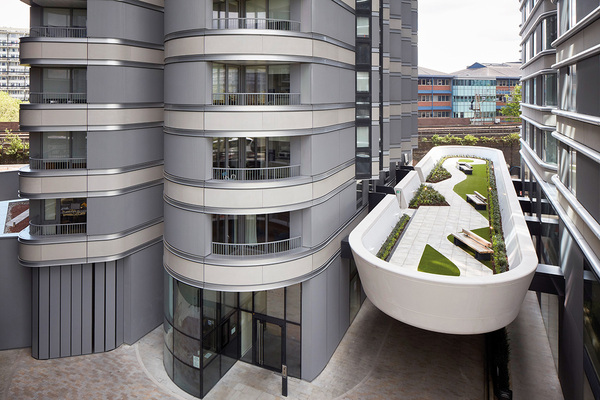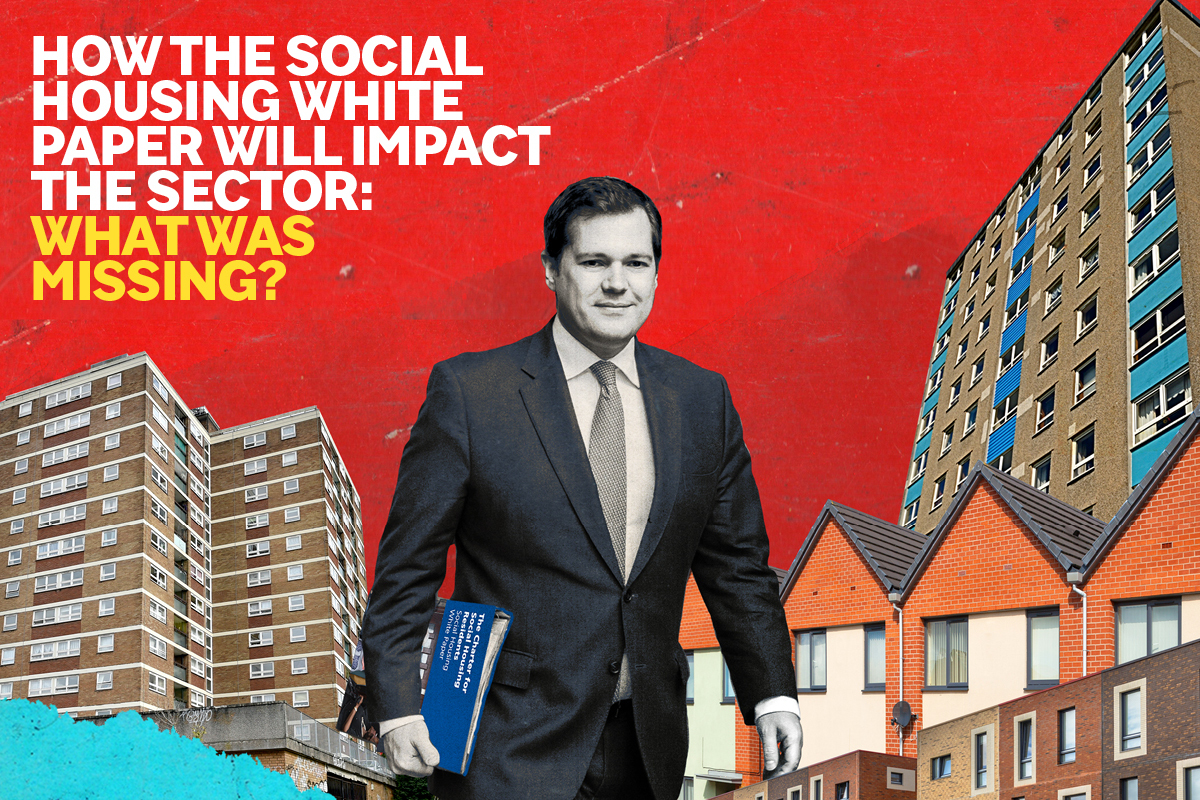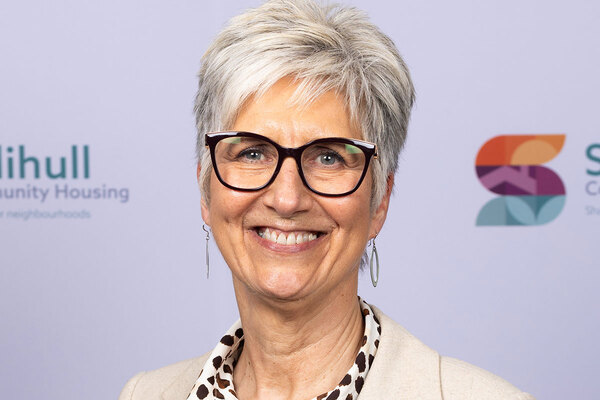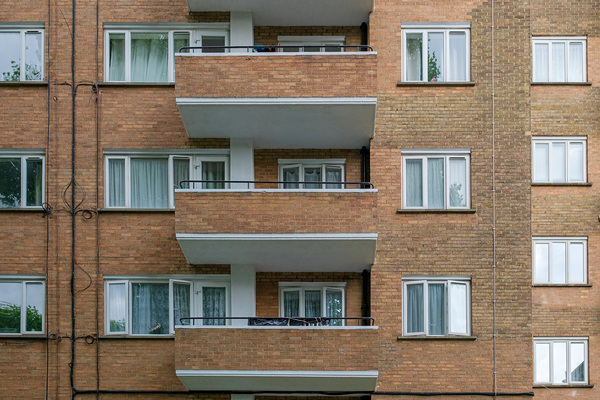You are viewing 1 of your 1 free articles
Older people’s housing was a void in the planning and social housing white papers
The past year has emphasised the importance of decent housing for older people. Yet older people’s housing was absent from the recent white papers on planning reform and social housing. This needs to be addressed, writes Jane Ashcroft
Remember a time before coronavirus? Dealing with the reality of the pandemic today creates the temptation to view the period before it through rose-tinted spectacles.
But while the challenges created by COVID-19 must not be underestimated, it has exacerbated an issue that was already huge and growing.
Tackling loneliness and supporting older people’s well-being is something we at Anchor Hanover were already been focused on. The pandemic has, however, magnified the issue and given us an added impetus to find new ways to address it.
The Office for National Statistics found that during April last year, more than 30% of those asked said their well-being had been affected through feeling lonely in the past seven days. People aged 70 and over were among those most likely to be affected, as were those living in rented housing.
With residents ranging in age from 55 to over 100 in our housing, we’ve seen the increase in loneliness, alongside real difficulties around shopping and accessing other services.
In the first lockdown, our local teams completed community support plans as an immediate response to identify those who may be most at risk. More than 20% of housing residents were shielding, 13% didn’t have the support of family or friends, and 5% struggled to complete their shopping.
While colleagues faced many challenges around adapting to working safely and changes in their own lives, they responded in a wide variety of ways, including accessing the services provided by local authorities, contacting local shops, encouraging peer support and working with the many local volunteers who stepped up to help the most vulnerable.
We were especially concerned about those who didn’t have support from family or friends for a variety of reasons. To respond, we rapidly established a telephone support service targeted at those who may be most lonely.
Colleagues volunteered to ring residents once a week for a chat about whatever interested them. If we picked up other issues during these calls, we acted on them. But for many it was the opportunity to talk about their family, their hobbies, the latest football news or what had happened in Corrie that week.
This was possible because changes in working patterns and the services we were delivering gave colleagues some time to make these calls. We named this service Be Supportive, and at its height we were making calls to more than 800 residents. It proved to be rewarding for both residents and volunteers during such a difficult time.
At that time we started to develop our partnership with charity Re-engage, which in normal times organised more than 900 regular social gatherings across the UK for 8,500 older guests, supported by 14,000 volunteers (one of whom was me).
Re-engage and Anchor Hanover have formed a partnership to maximise those we can help during these difficult times through the invaluable support provided by Re-engage volunteers. All those Anchor Hanover residents who want to continue to receive a Be Supportive support call have now been transferred to the Re-engage service.
“As a society, we have been more dependent on the home environment than ever before during the pandemic. For older people in unsuitable housing, health issues and isolation have been exacerbated”
In our care homes, while it was no replacement for pre-COVID times, residents unable to see family and friends for prolonged periods were nonetheless able to celebrate the year’s major events, including VE Day 75 and Christmas. Our #BeKindToOneAnother initiative, along with our use of technology, kept residents in touch with their local communities and their loved ones.
There are many other examples of how providers have stepped up to the challenges – highlighting the huge gulf for those not receiving similar support. Yet older people’s housing was absent from the recent white papers on planning reform and social housing.
As a society, we have been more dependent on the home environment than ever before during the pandemic. For older people in unsuitable housing, health issues and isolation have been exacerbated. And, at Anchor Hanover, we have seen a significant increase in interest in our specialist housing services.
Anchor Hanover research has shown that 84% of the public believe social care is as important as the NHS. The Associated Retirement Community Operators (ARCO) and Later Life Ambitions’ recent survey shows that nearly 90% of the public believe the government should widen the housing options for older people, with 53% of older people believing their local area does not have adequate downsizing options.
As we look to the roll-out of a vaccine and a return to some sort of normality, we must take this opportunity to ensure a better future for our ageing society.
Jane Ashcroft, chief executive, Anchor Hanover
Related stories

